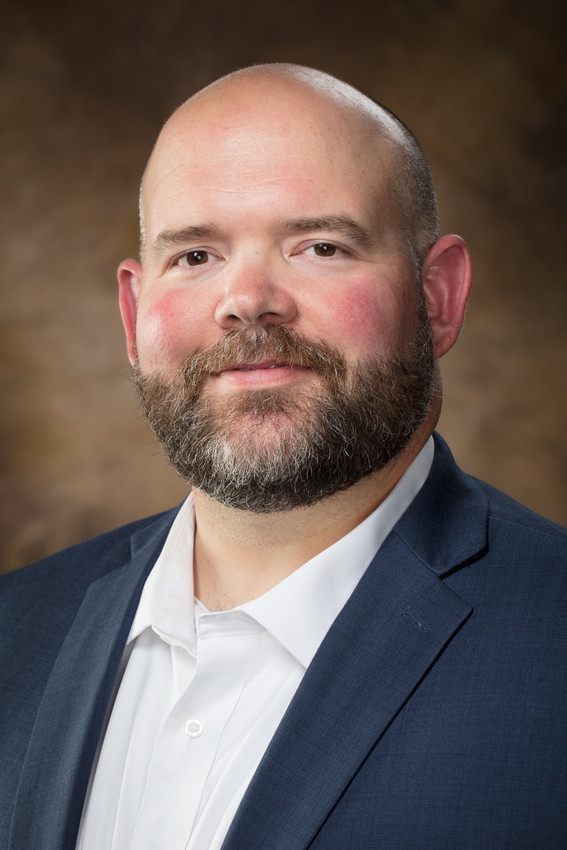
"The concept of community can be puzzling," researchers admit in a recent paper published in the journal Action in Teacher Education. In the paper, Christian Goering, professor of English education tackled this puzzling subject, along with Hayriye Kayi-Adar, assistant professor of English applied linguistics at the University of Arizona. Goering and Kayi-Adar looked at the role of community in professional development for teachers. They found that the communities created by the teachers presented opportunities for critical engagement, but also led to moments of tension. In their study, they examined these two themes and presented suggestions for balancing them in professional development activities.
The researchers used to the concept of "communities of practice" as a framework for their study. Communities of practice is a concept originated by Jean Lave and Etienne Wegner. It applies to groups of people who come together, in a physical or virtual space, to share knowledge and information about a specific topic.
The study focused on communities created by teachers as they participated in professional development sessions. These sessions focused on the topic of Socratic circles, a teaching tool that involves an inner circle of people who discuss a text while an outer circle observes and reflects on that discussion.
Goering designed and led the professional development sessions. In these sessions the teachers learned about Socratic circles, in part, by participating in them. For the 10 sessions, the teachers discussed different topics in Socratic circles, including a discussion on the technique itself. The sessions were recorded, and the researchers analyzed the recordings to learn more about the communities the teachers formed as they participated.
"While examining what was spoken by our participants, we also carefully looked at how they said it, who they talked to, and why they responded in particular ways," said the researchers. They also considered how the participants' social backgrounds affected their participation in the community. They considered "community" to be a fluid concept, and kept in mind that, in addition the communities formed in the individual Socratic circles, the participants were also members of communities of practice in their schools and in the professional development group as a whole.
A major theme that emerged from this analysis was tension. The researchers noted several moments of tension in the sessions, and looked at how this tension affected the community. They saw these moments of tension as opportunities for learning and growth, but warned that if tension isn't managed well, it can make interactions unproductive, and can lead to participants being pushed out of productive discussions. "Professional learning facilitators must be willing to embrace tension and critical engagement but also must acknowledge that those learning opportunities are dependent on a productive, safe and supportive learning environment," they explained.
Kayi-Aydar and Goering offered suggestions to manage tension in Socratic circles. First, they suggest participants have an opportunity to get to know each other, saying "early community building is important for participants to build trust and feel comfortable in Socratic circles." The researchers also suggest that topics that are likely to lead to tension be scheduled last, so that the participants have a chance to build relationships and rapport before taking these on. Finally, they suggest that the participants take a break when unproductive tension occurs.
The researchers also listed several implications of their findings for professional development for teachers. In addition to accepting and managing tension, these also emphasized the importance of critical engagement with texts and with other teachers, the advantage of teachers learning through direct experience, and the necessity of providing space for dialogue. They concluded the paper by pointing out that professional development provides more than just information on effective teaching techniques; it can also act as a model for these. They explain that while professional development based on dialogue and critical engagement is "messy and impossible to predict," it is worth the extra effort. "As teachers negotiate membership and participation in view of communities of practice, the will need increased levels of support for their own talk, as well as that of their students," they said.
Topics
Contacts
Camilla Shumaker, director of science and research communications
University Relations
479-575-7422, camillas@uark.edu